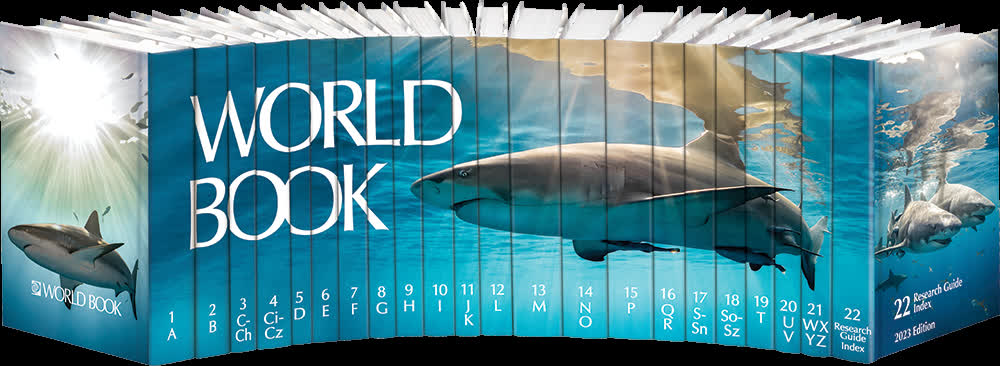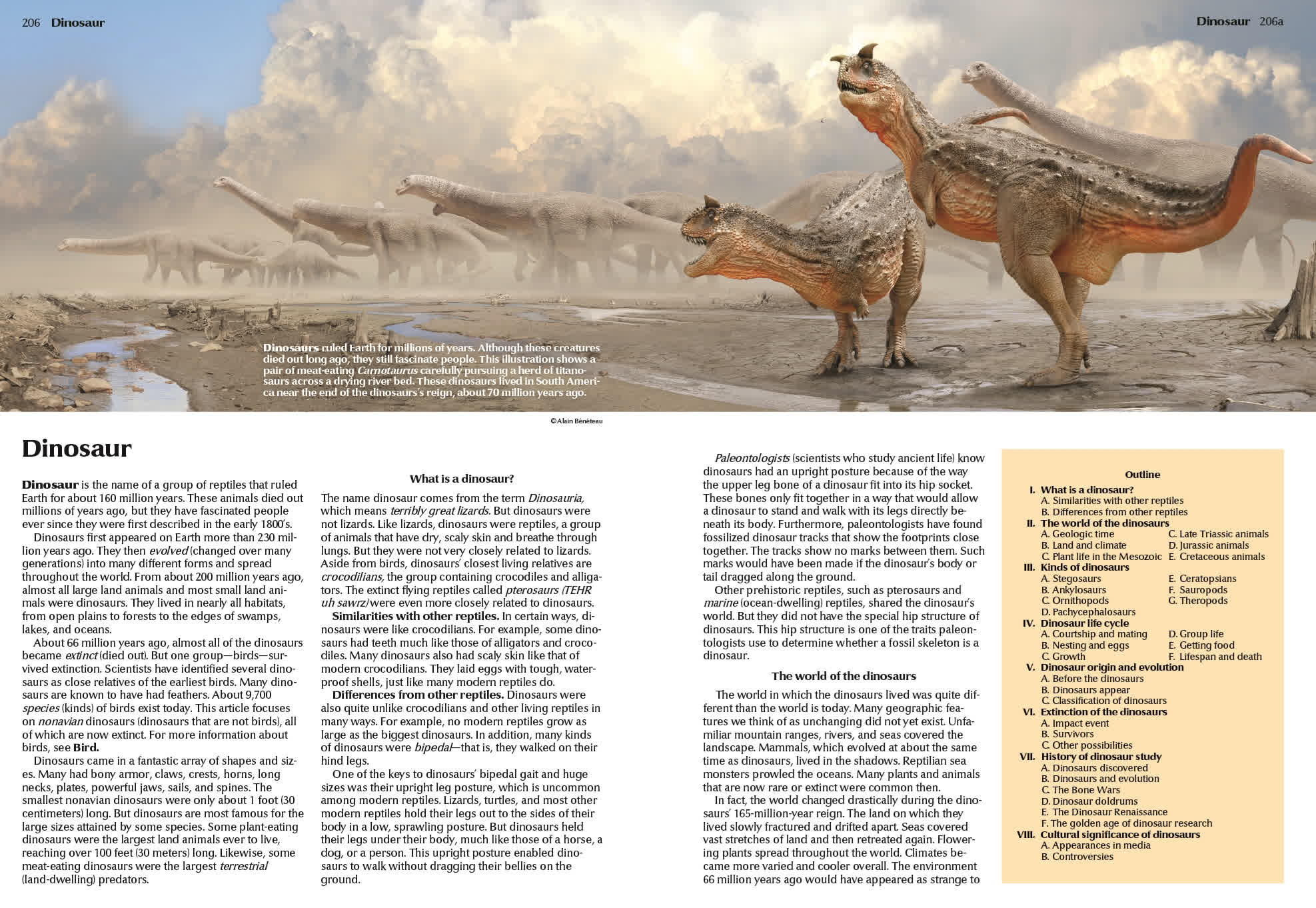The big picture: The information superhighway sounds like the ideal place to learn about virtually anything and for the last few decades, that's been an accurate assessment. In recent years, however, the waters have become muddled with disinformation, ignorance, and sheer incompetence. What's a fact-seeker to do in the age of the Internet? Take a step back, apparently.

Ars Technica reporter Benj Edwards recently learned that World Book still prints yearly editions of its general reference encyclopedia. Intrigued, Edwards bought a set on Amazon and regrets nothing.
The pros and cons of owning a set of encyclopedias in 2023 are aplenty. With physical encyclopedias, data is essentially set in stone meaning it can't be stealthily edited after publication and is not susceptible to digital perils like link rot, hacking, or tampering by artificial intelligence.
This permanence also works against it, as books can't be updated with the latest research, findings, and events. For that, you will need to pick up next year's edition. They are also susceptible to human error, like printing issues. A binding error in the first 60 pages of the "G" volume that Edwards owns contains pages from the "U" volume. World Book is aware of the issue and has offered to replace the faulty volume free of charge.
Digital data is infinitely more accessible, portable, and flexible in nearly every way, so long as you have a connection to the Internet and a device that can access it. The World Book Encyclopedia 2023 set is bulky, heavy, and can only be accessed on the spot.
Physical encyclopedias will no doubt also evoke nostalgia for users of a certain age. Surely I'm not the only one that remembers waiting until the last minute to hit the books to grind out that report due the next day.
Related reading: What Ever Happened to Microsoft Encarta?
Tom Evans, senior director of content and product development at World Book, told Ars that its physical encyclopedia sets still exist because there is still demand for them. The executive said sales of the printed editions are in the thousands annually, and that school and public libraries are their primary customers. Homeschooling families could also make good use of printed encyclopedias, as could folks that do not have access to the Internet or prefer to live a simpler life.
"World Book has a loyal following of librarians who understand the importance of a general reference encyclopedia in print form, accessible to all," Evans said.

World Book 2023 consists of over 14,000 pages of information spread across 22 volumes, with 17,000 articles and more than 25,000 pictures, diagrams, illustrations, and maps.
As for pricing, well... it is not cheap at $1,199 over on Amazon. For that price, you could buy a nice computer and have money left over to pay for Internet service for a while. Then again, a paper set doesn't command an ongoing access fee or ask for a donation, won't harvest your browsing habits, can't get a virus or malware, and won't try to sell you something every five seconds.
Image credit: Encyclopedias by Pixabay
